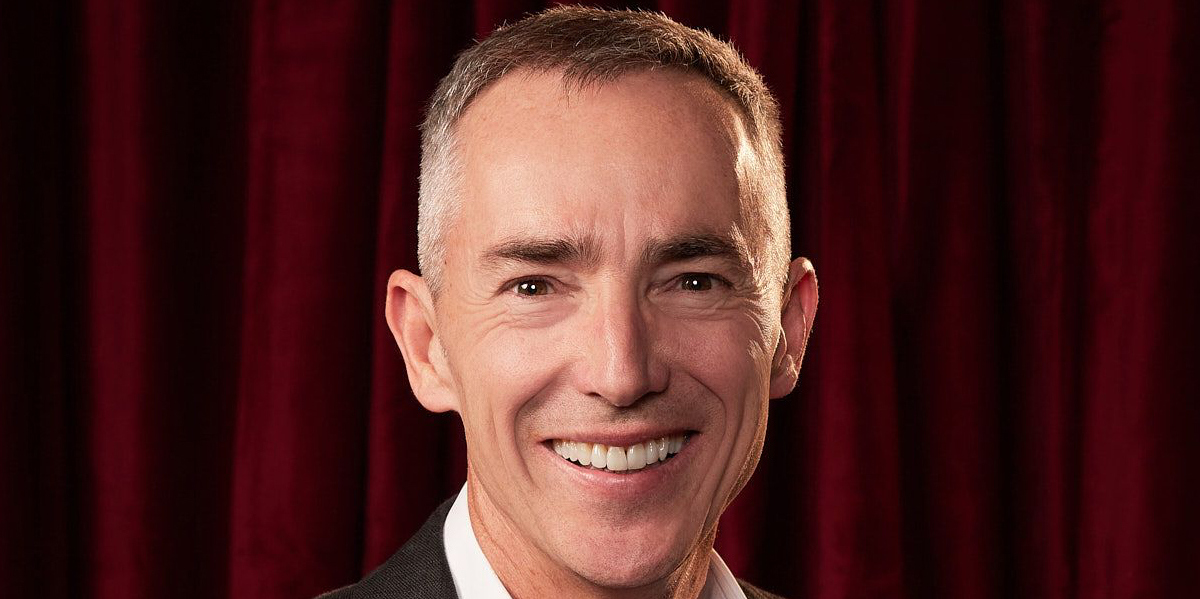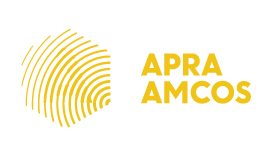5-Steps to a ‘Thriving’ Australian Music Industry: APRA AMCOS’ Dean Ormston Shares Blueprint

Apply a yardstick to Australia’s music industry, the results are always double-edged.
Concerts are back, though margins are tight and 1,300 venues have disappeared in less than four years.
The recorded music industry is growing, but, for homegrown acts to impact the national singles chart, it’s tougher than ever before.
On the presentation last month of its 2023 annual results, APRA AMCOS CEO Dean Ormston shared a vision for a fitter, stronger music industry.
Speaking to an industry crowd last month for a breakfast gathering at the PRO’s HQ in Sydney, Ormston’s strategy is equal parts hypothetical and pragmatic, and all-optimism.
The society’s full-year report highlights the good news, that gross revenue reached record highs of $690.5 million (up 12%), as did net distributable revenue paid to songwriter and publisher members, affiliates and rightsholders at $595.2 million (11.4%), and licence fees for concerts and festivals increased to $31.9 million, also a record, up by 400% year-on-year.
And the bad: since COVID-19 swept the globe, there has been a loss of more than 1,300 live music venues and stages across Australia, equating to one-third fewer licensed premises where medium to smaller gigs take place.
Small businesses hosting live music in these parts do so in “difficult” conditions.
Ormston shared a five-step action plan, which, if realised, would fulfil a vision for a “thriving, diverse, inclusive and safe” industry.

Education
In terms of education “songwriting is part of school curriculums,” says a future-looking Ormston, “and identified as a key strategy in not only making Australia and New Zealand net exporters of music, but to transform the education of kids to help them succeed and lift education standards.”
Visibility
In terms of visibility — and use your imagination here, he continues — consider a space when the industry has “doubled the number of existing live music venues and stages – the catalyst being a federal govt rebatable tax offset,” something Ormston renewed calls for this week.
The next part of that would see commercial radio “join the party with community radio and Triple J in a loving relationship with the Australian music industry — with the airwaves awash with five decades of great Australian and Kiwi in NZ music, with 1 in 4 songs being local.”
Streaming services should “follow suit.”
“We think there’s an opportunity to look at ‘mood’ based playlists, and do something similar there,” Ormston continues.
“What we would love is our streaming and radio friends across the board to lean-in on a national export strategy focused on supporting middle and top tier assets reaching local and global markets.”
That’s admittedly broad, and can be unpacked that at a later date.
The concept, he reiterates, is essentially “everyone leaning in on an agreed national strategy on helping people get to market in terms of leverage.”
Leverage
In terms of leverage, Ormston continues, Australia and NZ should continue to “attract international screen and games productions, and are incentivised through offsets to utilize local composers and sync local songs. And all productions funded by govts must use local composers and locally synced songs.”
People
Income from public performance is flying; smart, young brains are returning; and the bad actors, they’re constantly looking over their shoulders. More work needs to be done.
In terms of people, he adds, “music managers and key industry workers have access to mentorships, internships, stipends, export development grants to support business development, innovation and sustainability.”
Global position
Finally, Ormston focuses in on ANZ’s global position and a future where “Australia/NZ has joined Sweden, the U.S and U.K. as a net exporter of music AND our industry is recognised as thriving, diverse, inclusive and safe.”
The results are in: Meet the 2024 APRA and AMCOS Boards. Click the image below.https://t.co/SVqMPlrnfe
— APRA AMCOS (@APRAAMCOS) November 22, 2023
In other news, the Australasian music rights management organisation has unveiled the make-up of its boards, following two annual general meetings held Tuesday, Nov. 21 in Sydney.
On the APRA board, writers Mark Callaghan and Jonathan Zwartz and publishers Jaime Gough and Matthew Capper retain their positions, while Jenny Morris and Damian Trotter are named as chair and deputy chair, respectively.
On the AMCOS board, directors Trotter and Heath Johns retain their positions, while Karen Hamilton is appointed as a new director and Philip Burn, chairman and CEO of Hal Leonard Australia, steps down following 10 years’ service as a director.
Read more here.






























